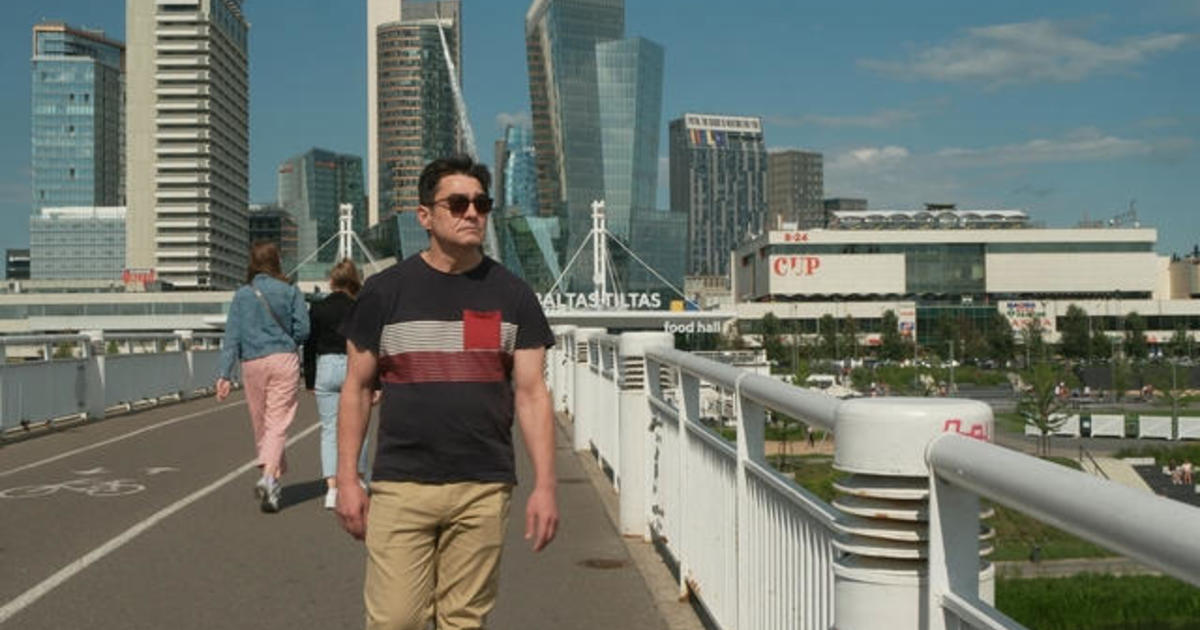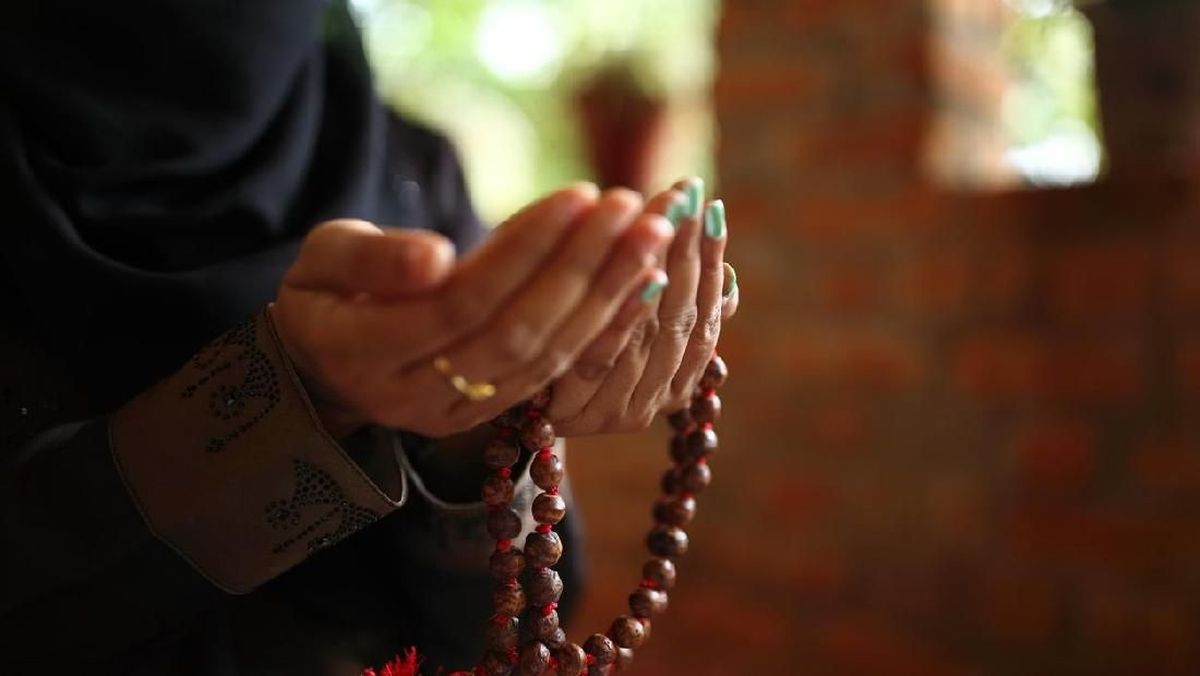Chefs can spend years learning their craft, and decades perfecting it, yet one of the greatest lessons they can learn is when not to cook their food. When all your training has been directed towards the precise timing and application of heat, it must be hard to, well, just leave things alone.
But there’s a reason tuna crudo is today’s go-to dish. It’s fresh, refreshing and delicious – solely because it’s raw. Grill it, and you’ve lost me. Crumb and deep-fry it, I’m out the door. But serve fine slices of raw fish in a puddle of oily, tangy dressing or as lime-cured ceviche, and everyone will be back for more.
Japanese chefs know the power and simplicity of perfectly sourced, handled and sliced sashimi, even though they often do their best to “cook” oily fish, such as salmon, by scorching the top with a blowtorch. It certainly gets the natural oils going, but is it as memorable as when it’s left alone?
Once, after pulling up a few mud crabs on a boat tour out of Cairns run by a character called Kani Dundee (“kani” being Japanese for crab), each of us was given a handline and invited to catch our own fish. The first fish caught was quickly killed, cleaned, scaled and sliced into sashimi. Sitting out on the water with a beer from the Esky while snacking on tropical fish that had been in that water five minutes earlier gave me a new definition of freshness to add to my thesaurus.
Then there was a dinner party with friends to which French-born chef Guillaume Brahimi was also invited. He turned up with a huge slab of raw tuna from the seafood market, sat it on the kitchen bench and started slicing. We all stood around drinking Champagne and dipping the pure, pristine, pink fingers of raw tuna into soy sauce. Guillaume has created many a great dish in his day, but this is still the one I remember most clearly.
Oysters are better eaten raw than cooked; prime beef is magnificent uncooked in a well-seasoned tartare; and pickling and preserving can change the nature of an ingredient while enhancing its natural properties. Think pickled herring, cured olives and the fragrant folds of prosciutto or jamon.
I’m not trying to say we don’t need chefs; far from it. We just need them to know when to be proud of their skills, and when to be proud of their produce.
The best recipes from Australia's leading chefs straight to your inbox.
Terry Durack has been reviewing restaurants and seeking out new food experiences for three decades. Author of six books and former critic for London’s Independent on Sunday and the Sydney Morning Herald, Terry was twice named Glenfiddich Restaurant Critic of The Year in the UK, and World Food Media’s Best Restaurant Critic. Australian-born and a resident of Sydney, he brings a unique perspective on the global food scene to his travel writing.



















































